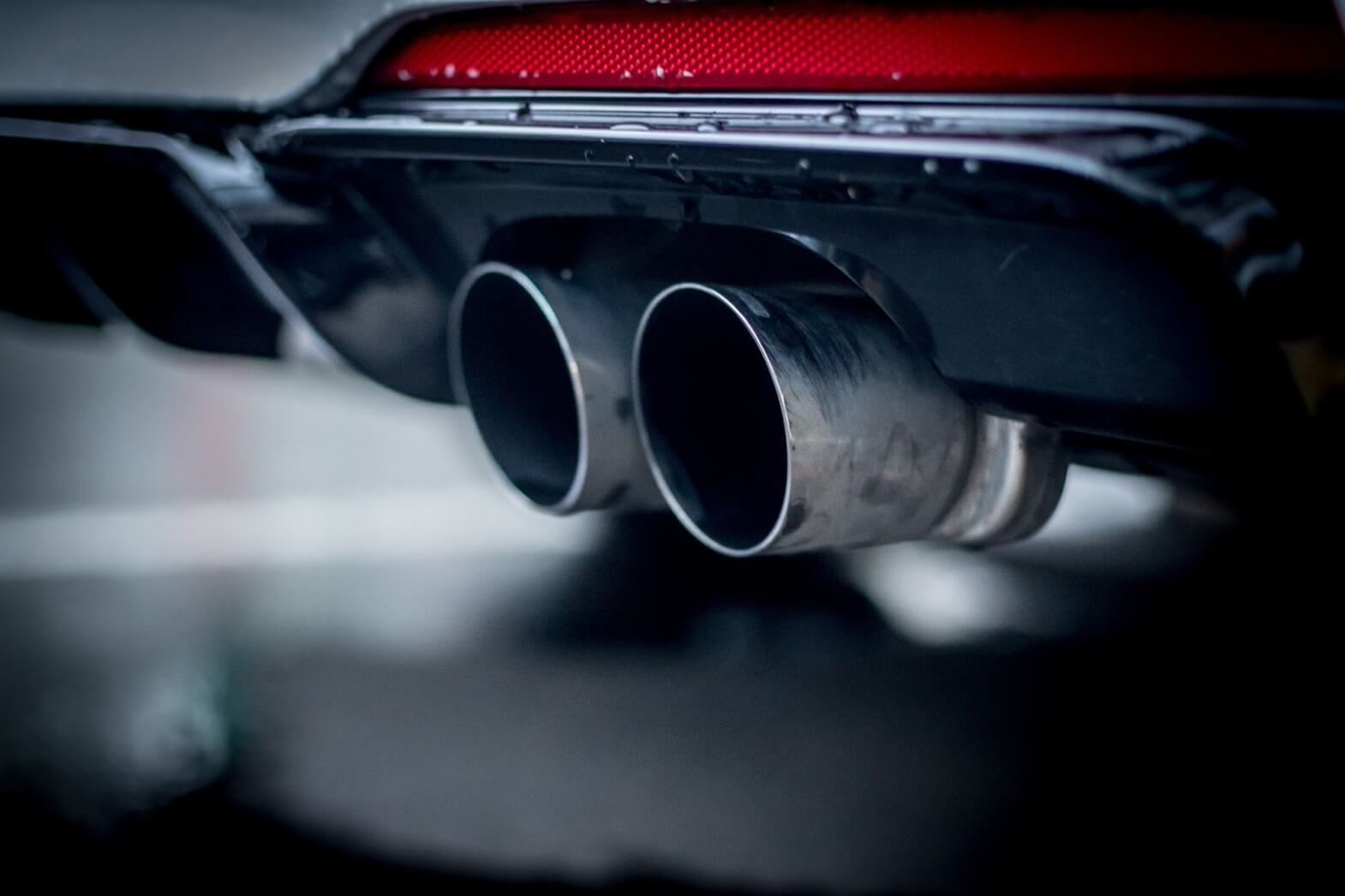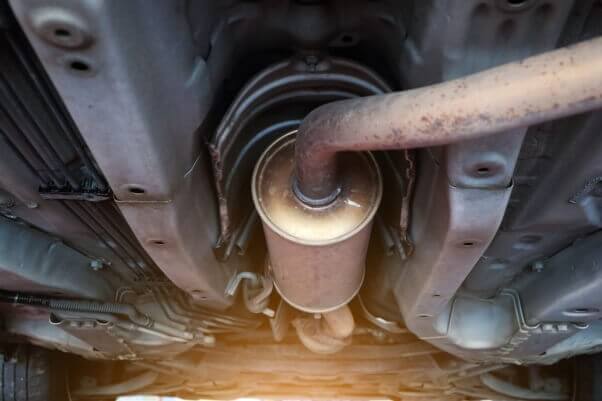Kawasaki Catalytic Converters Scrap Prices & Pictures for Models
Catalytic Converter Scrap Prices from Kawasaki - January 13, 2026
- Used catalytic converter from Kawasaki: 11 USD – 20 USD
- Used Gasoline catalytic converter from Kawasaki: 11 USD – 20 USD
- Used Metal catalytic converter from Kawasaki: 11 USD – 20 USD
Kawasaki catalytic converter scrap price
Kawasaki is a Japanese company that was founded in 1878 and still exists today. For a century, this company has been a leader in many areas, the company specializes in the manufacture of various products, but the main one is the production of motorcycles and all-terrain vehicles. The Kawasaki company has been known all over the world for a very long time, and as peoples know, Japanese scientists produce practically the best things in the world, no matter what they touch. They also treat with trepidation the manufacture of moto and auto transport, which is known all over the world for its safety and unique characteristics. But the whole world was also surprised when a Japanese company provided the world with a completely new catalytic converter in Kawasaki, it was this catalyst that attracted the attention of millions.
Current scrap Kawasaki catalytic converter prices
In our world, few people think about the safety of our environment, but it is the catalyst that purifies the exhaust gases of billions of cars and motorcycles around the world. It is also known that catalysts are a kind of filter, and in order to efficiently filter the exhaust, Japanese scientists have invented a new design. Which began to work several times more efficiently due to the presence of gold and palladium inside the Kawasaki catalyst itself.
Kawasaki cat converter scrap price
The prices for catalysts have also changed, because it is known that the more expensive the materials, the more expensive everything related to the catalyst. It is the Kawasaki catalytic converter scrap value that has become many times higher when compared with previous prices, when the catalysts were not so technologically advanced and efficient.
Kawasaki catalytic converter recycling prices
The interest in catalysts is not only due to their function, but also to the fact that the cost of used Kawasaki catalytic converters has attracted millions of people in the markets. Due to the purchase of a spent catalyst and its recycling, a person receives many of the expensive components mentioned earlier. And after that, the person simply sells them, and earns much more than he spent on processing and buying the used catalyst.






